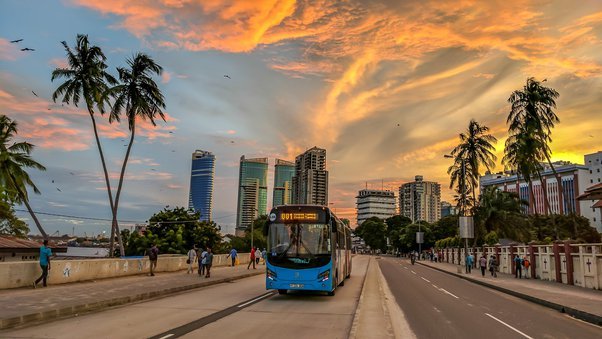
Is Tanzania A Safe Place To Live In 2023
admin
08:12:53 December 10, 2022
Giving You The Best Services Experiences


Lorem ipsum dolor sit amet, consectetur adipiscing elit. Donec a feugiat purus. Duis turpis nunc, aliquam id nunc ac, convallis dictum nisi. Curabitur vehicula tincidunt sapien, vel c ac. Donec diam augue, consequat sit amet metus ac, bibendum mattis massa. Duis mollis, ligula pretium consequat aliquet, nibh purus fermentum mi, bibendum molestie libero enim in sapien. Curabitur vestibulum sit amet nibh sed blandit bibendum molestie libero enim in sapien.
Donec scelerisque enim non dictum aliquet. Sed ec nunc. Suspendisse volutpat elit nec nisi congue tristique eu at velit. Curabitur pharetra ex non ullamcorper condimentum. Morbi sit amet dui convallis, mattis augue id, ullamcorper massa. Fusce vulputate sodales hendrerit.

Badung, Bali —
Jl. Desa Sawangan, No. 11
Nusa Dua, 81566
Page
Our Newsletter
Copyright © 2024 Manjitours. All rights reserved
